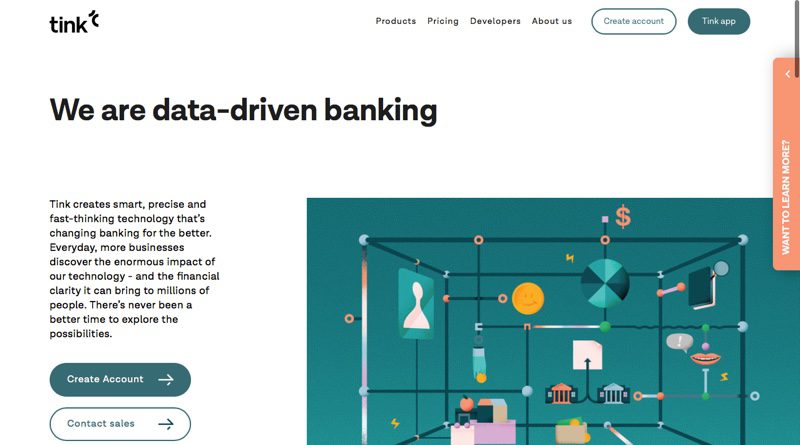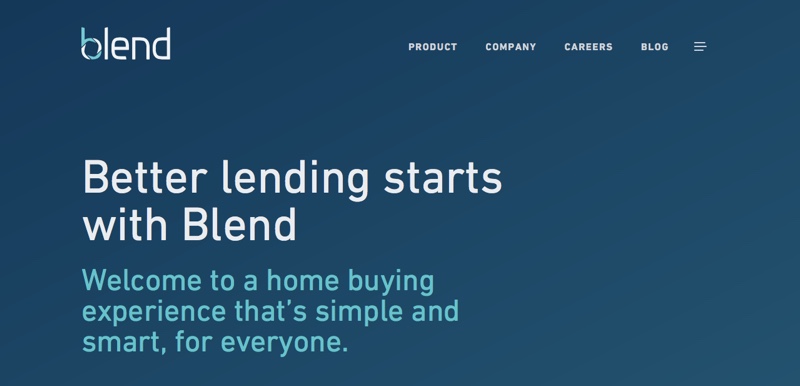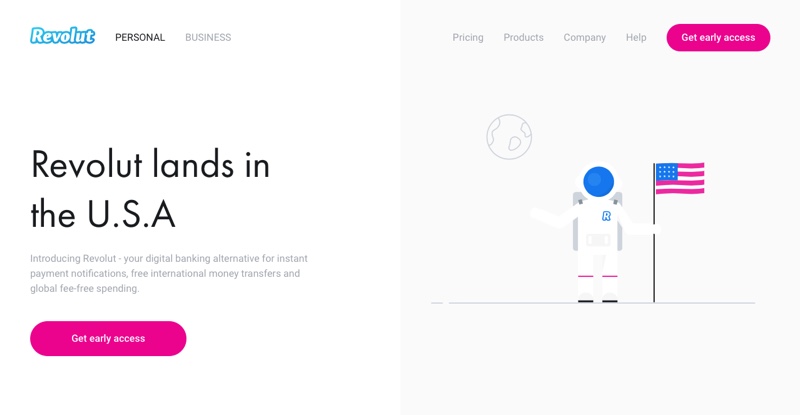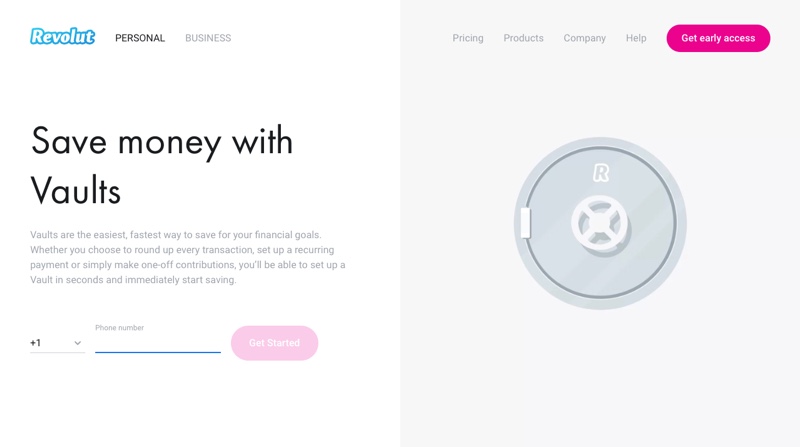Don’t tell me your values. Show me your budget. So goes the old saw that reminds us that there’s a strong correlation between what we say is important and how we actually spend our time.
Our discussion days agenda for FinovateSpring is no exception to this rule. On Days Three and Four, when we turn from the live fintech demos to the deep dives and panel discussions, we’ll tackle a handful of topics that reflect some of the most critical trends facing the fintech industry. These trends may very well serve as the lens through which fintech innovation in 2018 is viewed.
Open Banking, APIs & Regulation: Shifting Sands of the U.S. Banking Industry
Coming on the heels of FinovateEurope, where open banking, PSD2 regulations, and GDPR in the Eurozone are driving both innovation and VC investment preferences, the U.S. financial community must remain on the offensive when it comes to adopting the trends toward providing more third party access and offering consumers more control over their data.
The kind of government-led open banking initiatives sweeping Europe are unlikely in the U.S., both due to the structure of the American banking system and a political climate more inclined to reduce regulations than enact them – especially in terms of the financial markets. But should the success of open banking spur increased interest in similar legislation in the States, observers like Keri Gohman, President of the Americas for Xero, suggests that innovation would be best served if banks and fintechs led the way.
While it undoubtedly opens up opportunities for banks and other financial institutions to provide better digitally enhanced services to businesses and consumers, U.S. banks will be in a better position if they partner to create standardization before the government steps in. By doing so, and by using secure APIs, they can ensure the needs of small business owners and consumers are met safely and securely.
Gohman puts data and tools like APIs at the center of fintech innovation. With more banks taking advantage of APIs to make customer data securely available to third parties, goes the argument, FIs in the U.S. can begin providing many of the benefits of open banking – and the protections of GDPR – in a more nuanced, customer-centric way than a legislator or regulator could.
Digital Acquisition and Servicing Models: New Tools and Technologies for Remote Clients
How does the rush to digital transformation affect digital acquisition and servicing models? Are there lessons to be learned from the successes of the financial mega-brands? What are the new tools and technologies they use to sell to and service client accounts remotely? From cobrowsing solutions to partnerships that enable identity verification to speed client onboarding, companies are leveraging machine learning and AI to help them get the right information to and from the right clients in real-time.
Avoka, a multiple-time Finovate Best of Show winner and specialist with solutions that help financial services firms transform their account opening and onboarding functionality, cited four challenges banks face when trying to boost digital customer acquisitions: (1) build omnichannel engagement, (2) demonstrate brand and value proposition, (3) meet regulatory and compliance requirements, and (4) go to market within weeks or months rather than years. For this multiple-time Finovate Best of Show winner, the solution is a dedicated platform. In the same way “banks already have a dedicated platform to market their services … Now they need one designed to capture the online account opening transaction.”
Natural Language Processing, Smart Speakers, and a Future with Far Less Screen Time
Leveraging technologies such as NLP and smart speaker solutions like Alexa has enabled financial institutions to offer both new services and remove friction from old ones. How far can financial services take a screen-less user experience when it comes to banking?
It seems like every other day a new bank is announcing that it is leveraging Alexa to add to the user experience of its customers. Envestnet, demonstrating its technology recently at FinovateEurope, showed how a digital personal assistant, enabled with machine learning, AI, and advanced NLP could serve a professional financial advisor, scheduling and rescheduling appointments, providing timely reminders of important upcoming events, anticipating potential conflicts and suggesting alternative options. The rise of speech as a primary interface with technology makes sense in a world in which the smartphone is the primary technological accessory.
How are financial institutions and financial service providers making the most of this customer experience? How does the rise of speech as an interface in the West compare with the technology’s use in the East and elsewhere? And does the growth of natural language processing, and speech-directed computing pave the way for wider adoption of augmented reality technologies in financial services?
Will E-commerce Giants Become the New Banking Competitors?
As Finovate founder Jim Bruene pointed out recently, e-commerce giants like Amazon.com are already “in the banking business.” Bruene listed the number of services – from mobile payments and, gift, debit, and store cards to lending, currency conversion, and corporate credit lines – and concluded “the prime concern for banks is whether Amazon can move payment volume from bank-issued credit cards, where the industry enjoys healthy profit margins, to debit/ACH with narrow-to-non-existent margins.”
But banks and credit unions remain on edge. An Infosys Finacle study reported that nearly half of all FIs surveyed view technology companies like Amazon to be a significant threat. Writing in the Financial Brand, Jeffry Pilcher noted that analysts believe that the bigger challenge to traditional banks isn’t the fintechs, it’s big tech. And the nature of the challenge is more nuanced. Pilcher quotes Forrester analyst Alyson Clarke who observed:
The threat is not about Amazon taking market share, it’s that they become the customer interface, and the banks become the ‘ingredient brand.’ When you lose that connection with your end customer, you’re simply a no-name product manufacturer. And when you no longer have brand, the only things you have left to compete on are price and features.”
For more about our Discussion Days at FinovateSpring 2018, check out the agenda.

















 Presenters
Presenters Vika Arkhipova, Marketing/Sales Executive
Vika Arkhipova, Marketing/Sales Executive
 Presenters
Presenters Laura Kornhauser, President & COO
Laura Kornhauser, President & COO
 Presenters
Presenters Harpreet Chawla, VP Digital Products & Innovation
Harpreet Chawla, VP Digital Products & Innovation